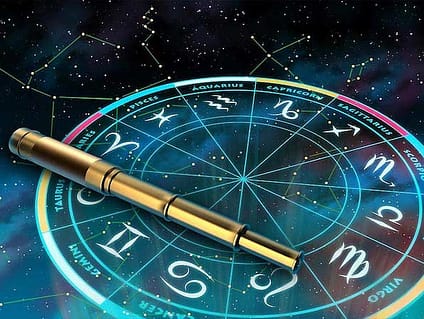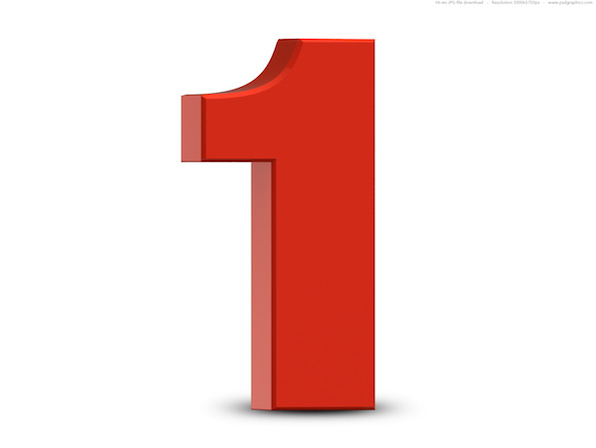 When Ms Sehgal asked me to come up with something on what she called ‘Western Astrology’, it got me thinking——– which is not always a good thing.
When Ms Sehgal asked me to come up with something on what she called ‘Western Astrology’, it got me thinking——– which is not always a good thing.
To those of us on the other side of the modern world, (and we still calling this Discussions on MODERN Astrology), so it seems the first thing we need to do is define the ‘modern’ world which includes the Americas. While we recognize that Greek (and ancient Rome to a lesser extent) is called the ‘birthplace of modern civilization,’ to us it looks pretty eastern. The ideas that the Greeks had, flowed towards West, such as the importance of every individual to vote and be counted, and that every individual had some responsibility for his ‘destiny’.
Astrology, as we know it, really began with the ‘Babylonians’ who then influenced the rest of the ancient world. They especially influenced the Greek with their connection with the Phoenicians, who ruled the sea trades and ideas were traded, just as they are today. The Greeks took the information and put their own face on it. (Aristotle was not only an astronomer, he was an astrologer). The Romans (great imitators) changed little but preserved it as a science.
Meanwhile it was also playing itself out in the southern American continent with both the Aztec and Mayan peoples who created 2 great calendars – One for farming (360 days) and a separate for religious holidays (240 days).
Talk about confusing. Imagine a Mayan conversation that starts, “What’s today? And the response being, “What year?” Every civilization so far uncovered and some cultures have had a religious or mathematical ritual relationship with the stars. In the Modern world, The Mayans were to Aztec what the Greeks were the Romans. That means the former framed the work of astrology and the latter adapted and preserved it.
So if we bring Astrology up to date, we in the West tend to call what the Babylonian-Greek Roman heritage astrology as traditional astrology for us. The true western astrology by rights belongs to the Mayans. But having split that hair about 4 different ways, I think I am getting on track now.
Back to the Greeks. What the Greek added was the introduction of the personal horoscope for the individual man. Prior to that, Horoscopes were cast for kings, wars and countries. As to this date, no personal horoscopes for a non royal individual person have been uncovered in Maya or Aztec astrology.
Why was this? Did the idea of ‘demos’ (democracy) become so pervasive that it finally influenced this important science?
The other part of the mystery of the Grecian astrology was their sky.
What did it look like then and how was it different from what we see? Man was so fascinated by the sky that it was able to influence the whole world. Why did they name those god and goddess there and give them those names?
Scientist speculate that the skies looked much different in those time and it is possible that the Greek were actually able to ‘connect the dots’ on those distant points of lights and come up with credible images that they then connected with certain energies.
And also beginning a new approach to gods, the Greeks put the face and feelings of men into their mythology. Hence the name of the gods and goddesses and their personal traits were assigned to the planets that were visible to them. Mercury, Venus, Mars, Neptune, Saturn, and Jupiter were assigned traits and their paths tracked across the sky. For many many years Pluto was predicted but not seen as planet until the 1930’s.
Some God and Goddesses
Zeus (renamed Jupiter by the Romans) couldn’t keep his pants zipped, Hera (his wife) was like the multi-millionairess who puts up with a philander for power’s sake, Venus (who was later assigned some traits of Hera’s) was in love with herself and her child Cupid, Vulcan (Husband of Venus who later became the model for Saturn) as a ugly forceful personage who put things right, though not really in a way that was easy for everyone. (How could you be too sensitive really with Venus as a wife?)
Pluto was the God of the underworld, whose presence was predicted centuries before we in the last couple of centuries could actually see it. It rules those darker mysteries of our soul. And when the planet was discovered, we also discovered x-ray, which uncovered the secrets of our bodies. (Talk about co-incidence)
In my opinion, the Greeks were great astrologers; and incidentally great psychologists. In the depictions of their gods and goddesses, they gave them super sized human traits. They focused on those human traits that coincidentally are the ones needed for emotional and physical survival; The need to reproduce, to protect, to covet, to as well as the most complex of human interactions. Their myths have become our archetypes.
We have the’ Oedipus complex’, the ‘Cassandra syndrome’ ‘Playing Cupid,” Diana the huntress pursed by Zeus until she fell to her death’, words and actions that are revealed and relived in our lives today.
So before I started the series I thought it was important to attach this historical and emotional meaning to this exploration. That the Greeks used astrology as Babylonians did, to unlock the future as a way of navigating it, always at the whim of the energy (planet). It has always been used to explain man to himself and the universe to man.
To be continued…
©Discussions of astrology in modern times” is owned and copyrighted by the author and is used by Kaleidoscope with permission by the author. To learn more about FrancesAnne please contact in.thedark@rocketmail.com.


